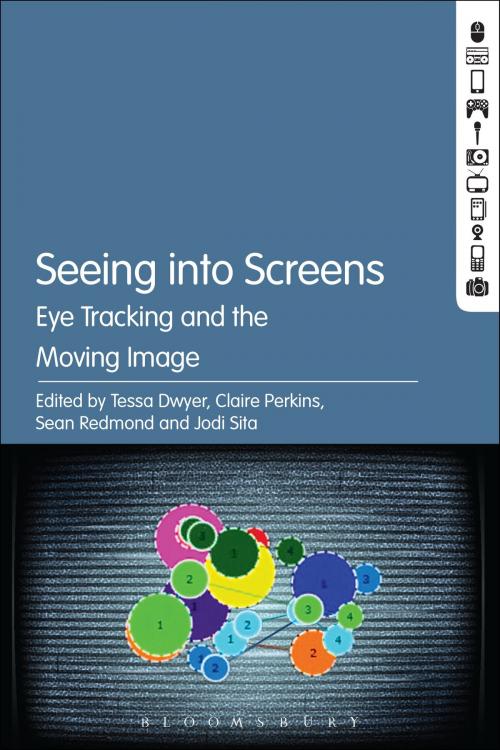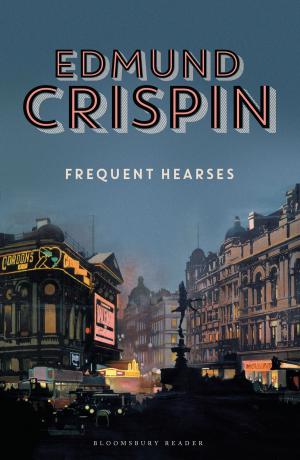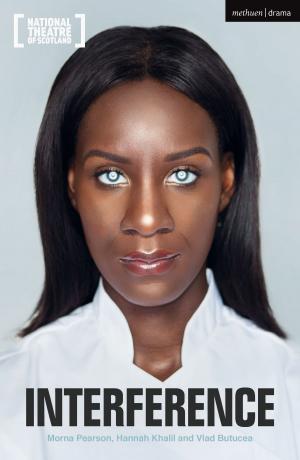Seeing into Screens
Eye Tracking and the Moving Image
Nonfiction, Entertainment, Film, History & Criticism, Performing Arts, Health & Well Being, Psychology, Cognitive Psychology| Author: | ISBN: | 9781501329005 | |
| Publisher: | Bloomsbury Publishing | Publication: | January 25, 2018 |
| Imprint: | Bloomsbury Academic | Language: | English |
| Author: | |
| ISBN: | 9781501329005 |
| Publisher: | Bloomsbury Publishing |
| Publication: | January 25, 2018 |
| Imprint: | Bloomsbury Academic |
| Language: | English |
Seeing into Screens: Eye Tracking and the Moving Image is the first dedicated anthology that explores vision and perception as it materializes as viewers watch screen content. While nearly all moving image research either 'imagines' how its audience responds to the screen, or focuses upon external responses, this collection utilizes the data produced from eye tracking technology to assess seeing and knowing, gazing and perceiving.
The editors divide their collection into the following four sections: eye tracking performance, which addresses the ways viewers respond to screen genre, actor and star, auteur, and cinematography; eye tracking aesthetics which explores the way viewers gaze upon colour, light, movement, and space; eye tracking inscription, which examines the way the viewer responds to subtitles, translation, and written information found in the screen world; and eye tracking augmentation which examines the role of simulation, mediation, and technological intervention in the way viewers engage with screen content. At a time when the nature of viewing the screen is extending and diversifying across different platforms and exhibitions, Seeing into Screens is a timely exploration of how viewers watch the screen.
Seeing into Screens: Eye Tracking and the Moving Image is the first dedicated anthology that explores vision and perception as it materializes as viewers watch screen content. While nearly all moving image research either 'imagines' how its audience responds to the screen, or focuses upon external responses, this collection utilizes the data produced from eye tracking technology to assess seeing and knowing, gazing and perceiving.
The editors divide their collection into the following four sections: eye tracking performance, which addresses the ways viewers respond to screen genre, actor and star, auteur, and cinematography; eye tracking aesthetics which explores the way viewers gaze upon colour, light, movement, and space; eye tracking inscription, which examines the way the viewer responds to subtitles, translation, and written information found in the screen world; and eye tracking augmentation which examines the role of simulation, mediation, and technological intervention in the way viewers engage with screen content. At a time when the nature of viewing the screen is extending and diversifying across different platforms and exhibitions, Seeing into Screens is a timely exploration of how viewers watch the screen.















